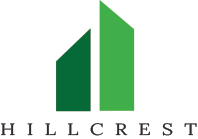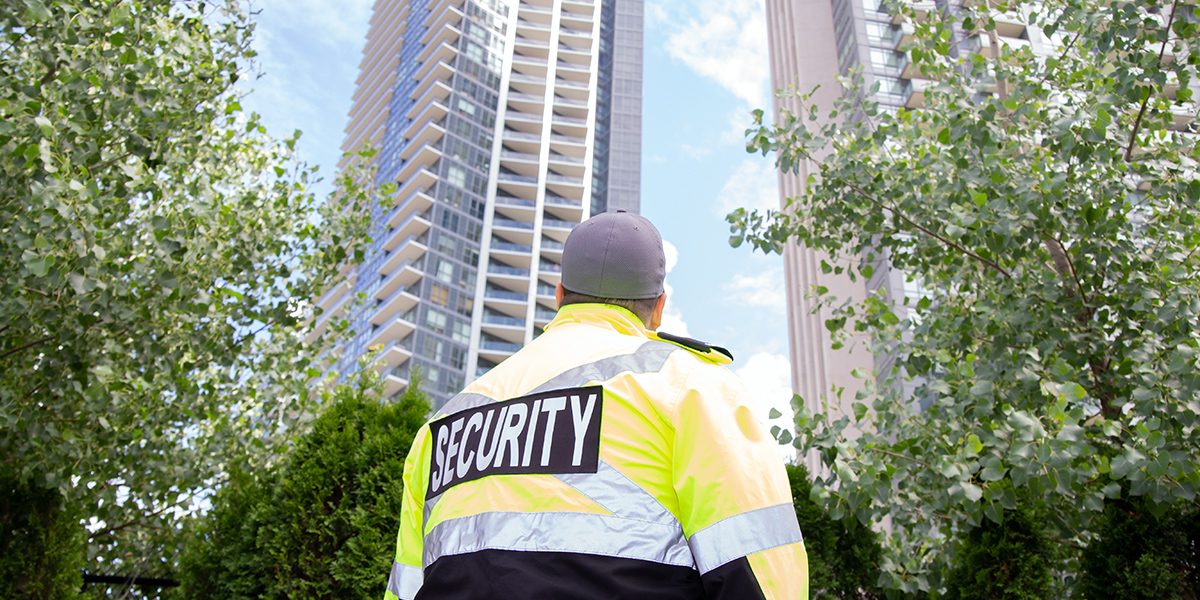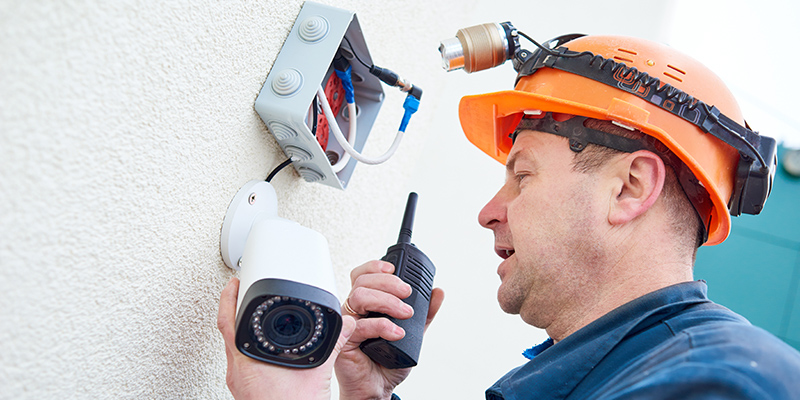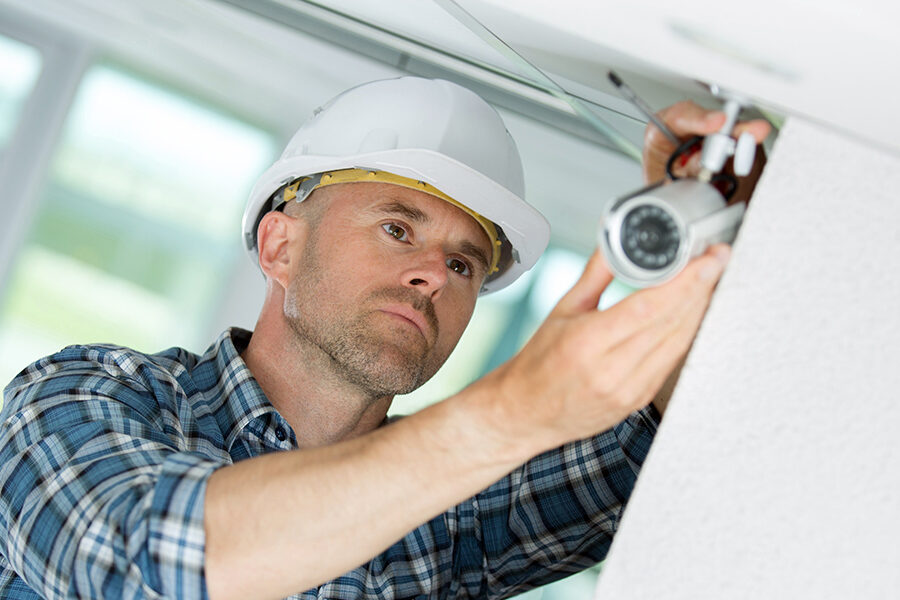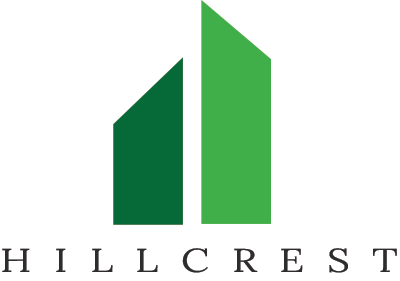Condo security is a top priority for both residents and condo associations. With a more secure environment, residents can feel more at ease in their community. Moreover, condo associations can build trust and ensure peace of mind.
The Importance of Condo Security
Condo associations have more unique challenges than their single-family home counterparts. This is because, in condo communities, residents live close together and use common spaces daily. There are also more shared areas within the premises.
These shared areas can become targets for theft and vandalism, either by residents themselves or unauthorized visitors. If a condo community has gaps in its security, there are so many risks involved. Even minor incidents can cause major problems and reduce trust among neighbors.
Condo associations should take the initiative in developing strong security systems. These systems help protect the property itself, but also the community’s residents.
Furthermore, with enhanced condo security, residents feel safer and have a higher satisfaction rate. This, in turn, can preserve property values and attract potential buyers.
On the other hand, when a condo’s security is poor, various issues can arise. These include legal matters, declining standards, and plummeting satisfaction rates.
How to Improve Condo Security
There are many ways a condo association can improve security. While one of the strategies below can already help greatly, combining them can result in a safer community for everyone.
1. Install Security Cameras
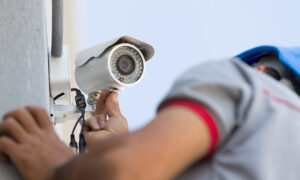 Security cameras for condominiums can deter criminals and help monitor suspicious activities. When there are surveillance cameras, people are more likely to think twice before doing anything illegal. Recorded footage can also support investigations and resolve disputes.
Security cameras for condominiums can deter criminals and help monitor suspicious activities. When there are surveillance cameras, people are more likely to think twice before doing anything illegal. Recorded footage can also support investigations and resolve disputes.
Condo boards should make sure to place cameras at entrances, hallways, parking areas, and the mailroom. That said, they should not be placed or pointed at areas where people have a reasonable expectation of privacy.
High-resolution cameras make for better security devices. Look for ones that allow facial recognition and sound recording for better identification.
2. Hire a Condo Security Guard
Residents tend to feel safer when there is a security guard on the premises because they provide a physical presence. Moreover, guards can respond immediately to emergencies or distress. They can also monitor entry points and assist residents when needed.
Some communities hire full-time staff, while others only hire staff for evening or weekend patrols. These guards can check visitor logs, survey the premises, and deter criminals.
3. Implement Access Control
Access control systems limit who can enter the building or certain areas. Key fobs, cards, or digital codes can help keep unwanted visitors out. These systems record each entry, allowing the condo association to monitor who’s coming in and out of the community.
If someone loses their key fob, the board can deactivate it. Of course, the unit owner would likely need to pay for a new one. When combined with cameras and guards, access systems make it easier to track movement and guests. Residents also tend to feel more secure knowing access is restricted.
4. Install Adequate Lighting
Poor lighting can create hiding spots for criminals and invite illicit activity. Condo boards should invest in bright lights to reduce fear and increase visibility. They should ensure that walkways, parking lots, stairwells, and entrances stay well-lit.
Moreover, condo associations should install motion-sensor lights. These lights help conserve energy while increasing security. Lighting should be consistent and cover all common areas as well.
5. Use Alarm Systems
Every condo security system should come with alarms. Alarms can notify board members, security guards, or managers if there is a breach. It’s a good idea to install alarms in storage rooms, mechanical areas, and unsupervised spaces.
Some systems send automatic alerts to control centers or mobile devices. Look for systems with loud alarms as well to ward off intruders and quickly draw attention to the area. In comparison, silent alarms can notify authorities when a breach occurs.
6. Improve Visibility Through Landscaping
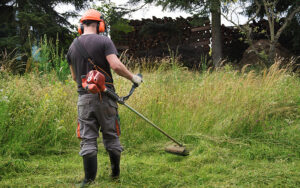 When it comes to condominium security, landscaping plays a key role. Overgrown trees or shrubs can block views and provide hiding places for trespassers. The board should make sure to maintain landscaping regularly to offer clear sightlines. This includes trimming vegetation near doors, windows, and pathways.
When it comes to condominium security, landscaping plays a key role. Overgrown trees or shrubs can block views and provide hiding places for trespassers. The board should make sure to maintain landscaping regularly to offer clear sightlines. This includes trimming vegetation near doors, windows, and pathways.
It is also best to consider using low-growing plants around entry points. This way, the condo won’t have to keep cutting down plants. Apart from discouraging crime, well-maintained landscaping can also add appeal and protect property values.
7. Partner With Local Authorities
Condo associations should work with local police to strengthen security efforts. Officers can provide crime reports, patrols, and safety presentations. This type of partnership can build trust and show criminals that the community is protected.
How Residents Can Boost Security for Condos
Security is not exclusive to the condo association. Residents can also do their part and contribute to overall condo security through the following means:
1. Use the Power of Neighbors
Friendly neighbors are one of the most effective deterrents to crime. When people know each other, they can recognize unusual behavior. Neighbors can check on each other’s units when someone isn’t home. They can also report anything strange right away.
When neighbors build strong connections with each other, the community will likely have fewer security incidents. Additionally, this can create a sense of camaraderie and belonging among residents.
2. Practice Awareness
Residents can practice simple habits that help reduce security risks. Good examples of such habits include locking doors and windows, closing their blinds at night, and not leaving their valuables unattended.
Furthermore, they should report suspicious activity and submit maintenance requests for broken lights in common areas. Residents should also avoid sharing access codes or key fobs with other people. It’s important to stay alert for their own safety.
Can an HOA Restrict Security Cameras?
Whether or not a condo association can restrict security cameras depends on state laws and the governing documents. In Texas, associations can’t prohibit owners from installing security measures, including security cameras and motion detectors (Section 202.023). That said, an association can place reasonable restrictions on them.
For CCTV in both association property and homeowner property, privacy laws apply. Cameras should not face or record any areas where people have a reasonable expectation of privacy. This means cameras can’t be installed in restrooms, changing rooms, or even in areas where the camera is pointed into someone’s window.
If an association has security camera restrictions, it’s essential to clearly state them in the governing documents. This way, residents know what they can and can’t do. More often than not, restrictions include requesting approval from the association and ensuring the cameras are in line with architectural standards.
How to Choose the Right Security System for Condo Communities
Selecting the right security system takes time and research. The wrong choice can cost more and offer less protection. Here are the steps boards should follow when choosing a condo security system.
1. Gauge Needs
Board members should start by identifying risks. A small building may need basic coverage, while a large one typically requires more advanced systems. The board should also consider entry points, past incidents, and resident concerns. It’s best to speak with security experts to understand available options.
2. Weigh Costs
 Unfortunately, most associations don’t have an unlimited budget to work with. When choosing a condo security system, it’s integral to compare the features against the costs.
Unfortunately, most associations don’t have an unlimited budget to work with. When choosing a condo security system, it’s integral to compare the features against the costs.
Some high-end systems offer better coverage but cost more upfront. Cheaper options, on the other hand, may provide poorer quality devices and services. Board members should get multiple quotes and strike a balance between affordability and functionality.
3. Consider Maintenance
Security systems need regular upkeep. Board members should plan for inspections, cleaning, repairs, and software updates. Some providers also charge a subscription fee or a maintenance fee for ongoing services.
Additionally, after a storm or any landscaping changes, a condo may need to have its cameras repositioned. Make sure to work with a vendor that offers consistent and reliable support.
4. Ensure Quality
Not all cameras are made equal. High-resolution footage is essential for identifying faces and license plates. Also, alarm systems should work consistently. Beyond that, access controls must store and protect user data.
Look for a security system that offers quality features and durability. Board members should also ask vendors about warranty coverage and system upgrades, as well as any recurring fees.
A Two-Way Street
Condo security affects every resident in the community. Because of this, condo associations should invest in a proper system, and residents should contribute to overall security by practicing awareness.
Hillcrest offers HOA management services to communities in Chicago. Call us today at 630-627-3303 or contact us online to request a proposal!
RELATED ARTICLES:
- The Ultimate Guide To HOA Safety And Security Tips And Rules
- Can The Police Enforce HOA Rules?
- Getting To Know HOA Board Of Directors
